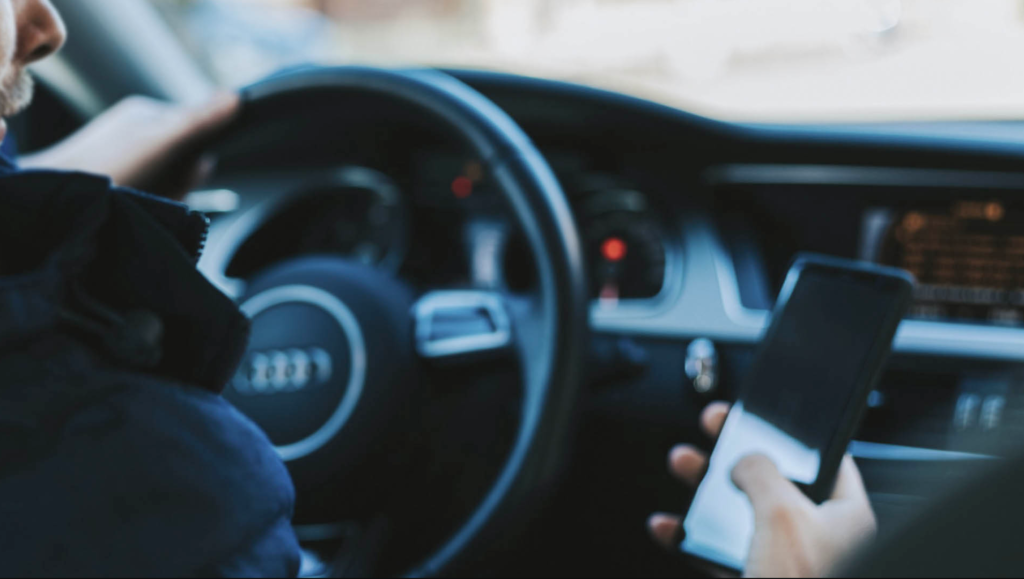One of the main factors contributing to traffic accidents in Canada is distracted driving. About 21% of fatalities and 27% of significant injury collisions result from distracted driving each year. Some activities that keep us from paying attention to the road while driving include eating, entering an address into the GPS, and texting. Our Lawyer For Car Accident will get you some advice, the list of these activities appears to expand yearly. So, what should you avoid doing while driving, and what punishments can you expect if the cops pull you over?
Distracted driving: What Is It?
In Ontario, inappropriate use of portable and entertainment devices while driving is referred to as distracted driving. The Highway Traffic Act’s Section 78 contains the following prohibitions against driving while distracted:
No one is allowed to operate a motor vehicle on a roadway when the driver can see the screen of a television, computer, or another device inside the car.
Ontario’s distracted driving legislation prohibits it to:
- Talk, text, or send emails with a cellphone.
- Utilize a tablet, laptop, or another gadget for entertainment
- any screen on which you may watch video
- use a manual GPS gadget.
You may utilize Bluetooth, a lapel button, or an earpiece with hands-free wireless devices. Only dashboard-mounted GPS display displays integrated into the car can be used (or securely mounted on the dashboard). The fact that drivers can call 911 in an emergency is another exemption to the rule.
Want more advice? contact our staff of lawyers for car accidents, they can explain everything in more detail.
What Are The Repercussions Of A Distracted Driving Conviction?
Distracted driving carries severe consequences. If you have a driver’s license (class A, B, G, or M), your punishments will progressively worsen with each conviction.

For their first offence, first-time offenders can anticipate a fine of up to $1,000, three demerit points, and a three-day license suspension, a lot information about demerit point in our consultation ontario car accident lawyer. Next, a $2,000 maximum punishment, six demerit points, and a seven-day license suspension are imposed for a second offence. Finally, a fine of up to $3,000, six demerit points, and a 30-day license suspension is assessed for the third and subsequent offences.
If you have a G1, G2, M1, or M2 license and are convicted of inattentive driving, you will pay the same fine as drivers with an A through G license. The first conviction will result in a 30-day suspension; the second, a 90-day suspension; and the third, expulsion from the licensing system. Instead of demerit points, you will be barred from driving for extended durations.
Distracted driving differs from careless driving.
Finally, it’s critical to understand the difference between careless and distracted driving. Compared to reckless driving, the Highway Traffic Act describes careless driving as follows:
“Every person who drives a car or street car on a highway without appropriate care and attention or reasonable concern for other individuals using the highway is guilty of driving recklessly.”
That implies that activities like eating, drinking, smoking, or reaching for objects while driving might result in a traffic penalty. However, keep in mind that reckless driving is not a crime.
If you are in an accident and it is determined in court that you were driving recklessly, you could be fined up to $2,000, have six penalty points, have your license suspended for up to two years, or possibly go to jail.
How Should You Respond If You Are Involved In A Car Accident?
Speak with our Сar Accident Lawyer immediately if you or a loved one has suffered injuries due to negligent or reckless behaviour, such as texting while driving. Then, we’ll sit down with you to review your choices and advise you on how to get the most money you’re entitled to.

